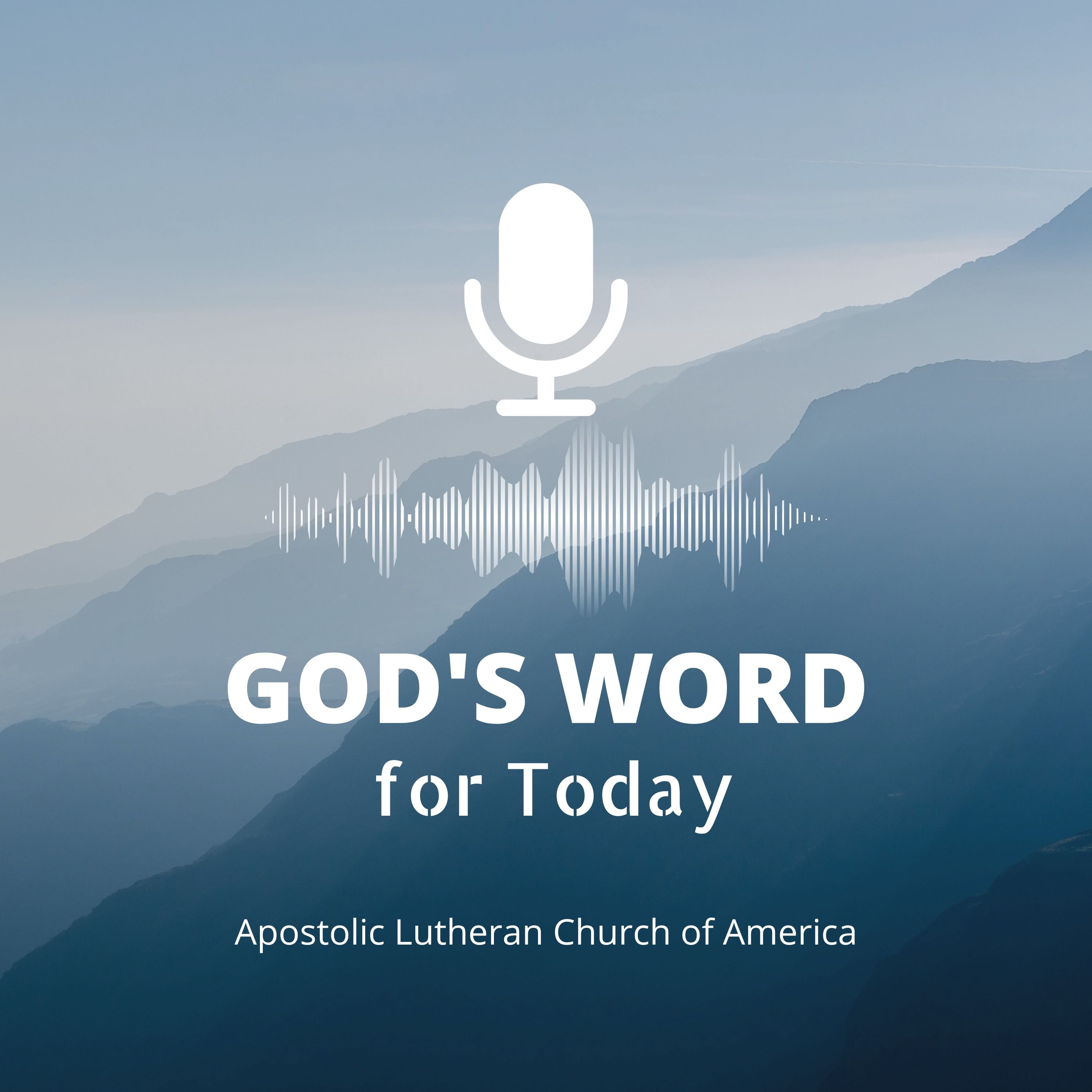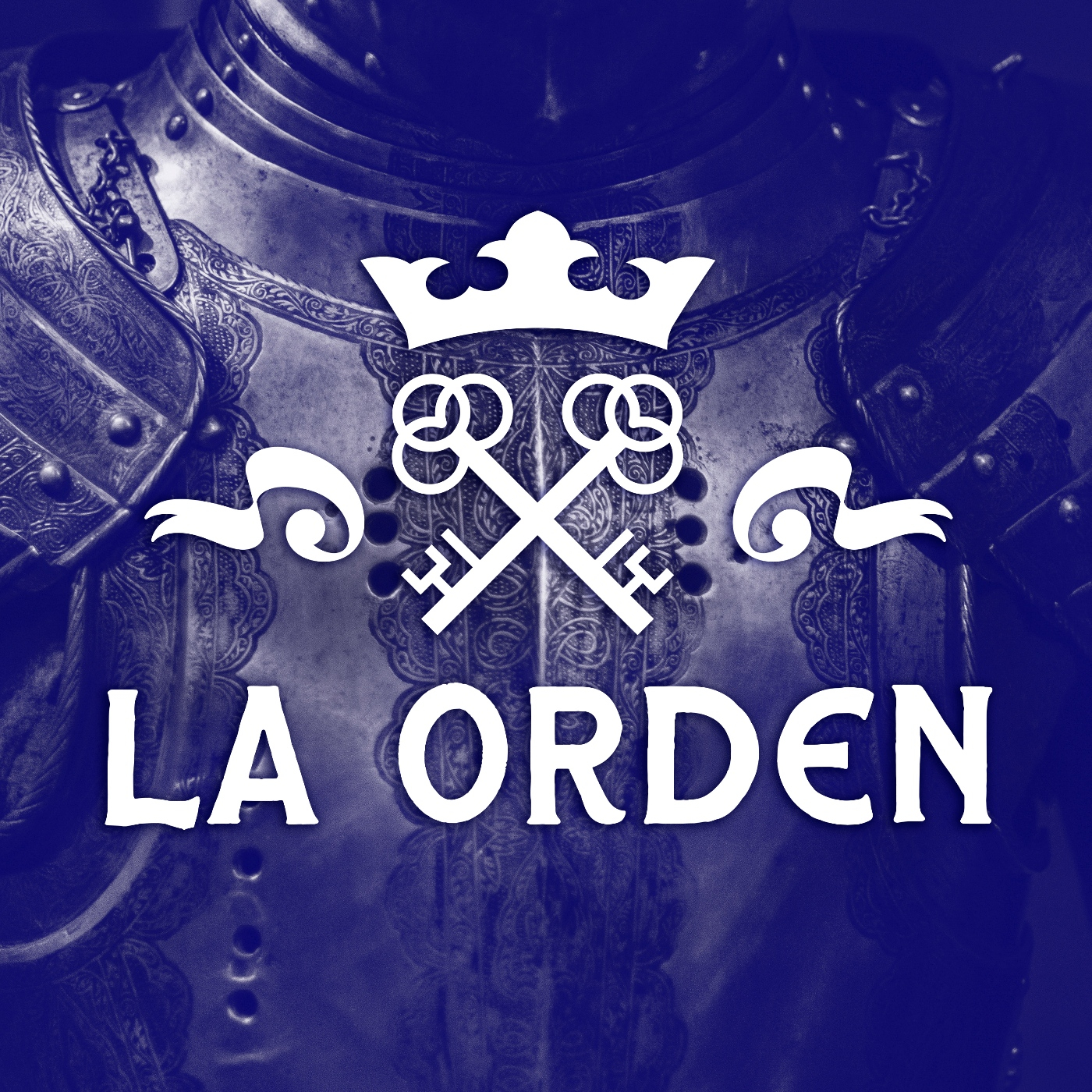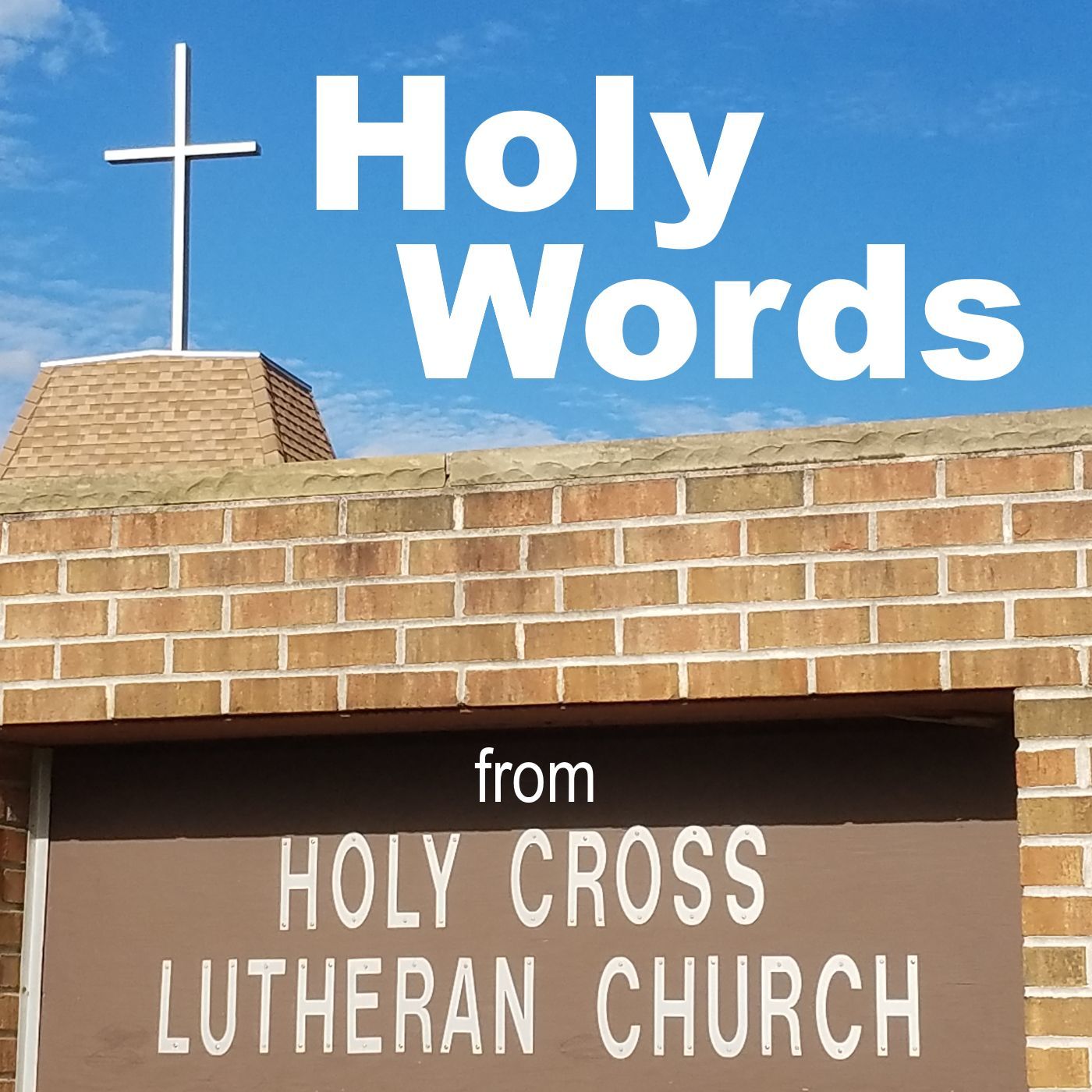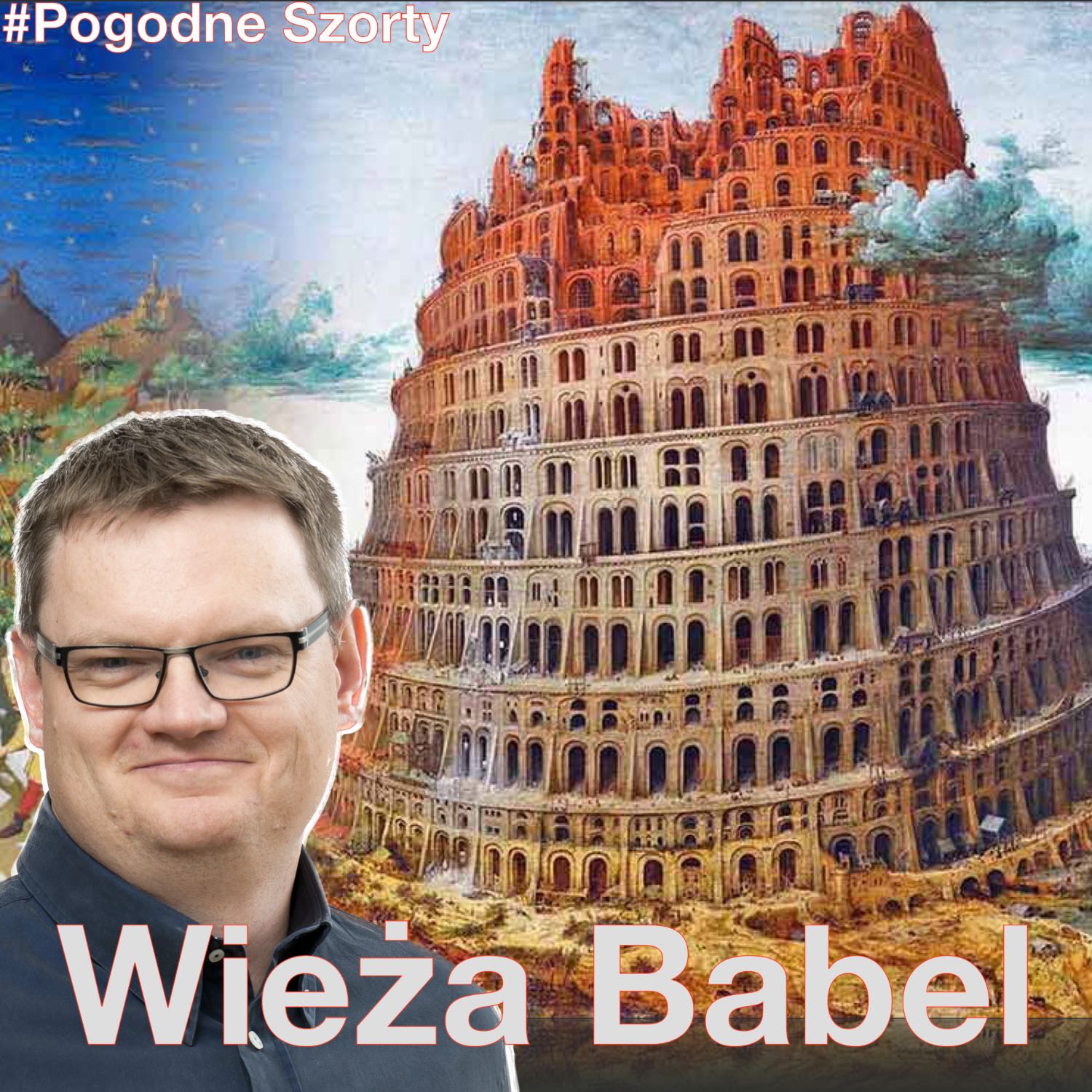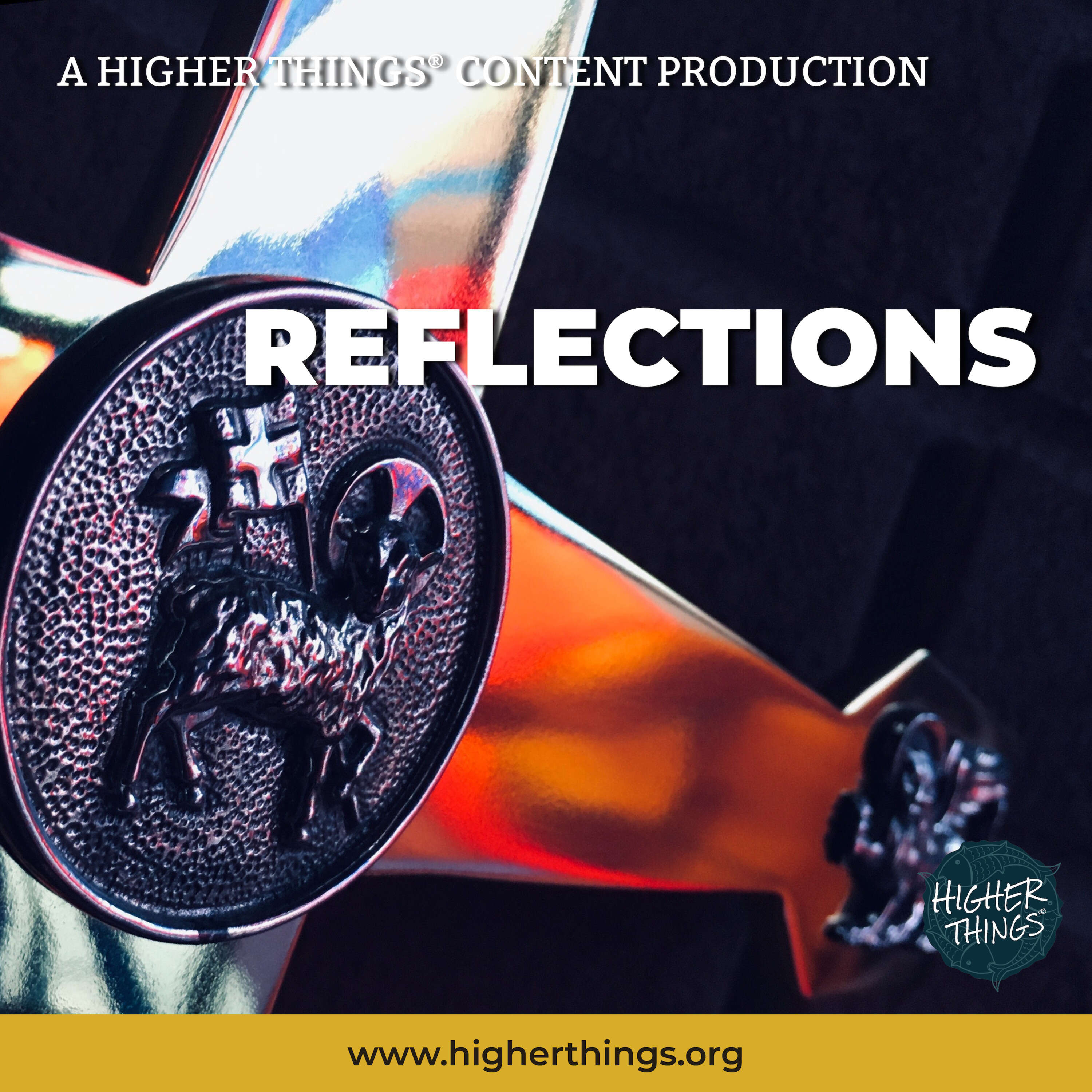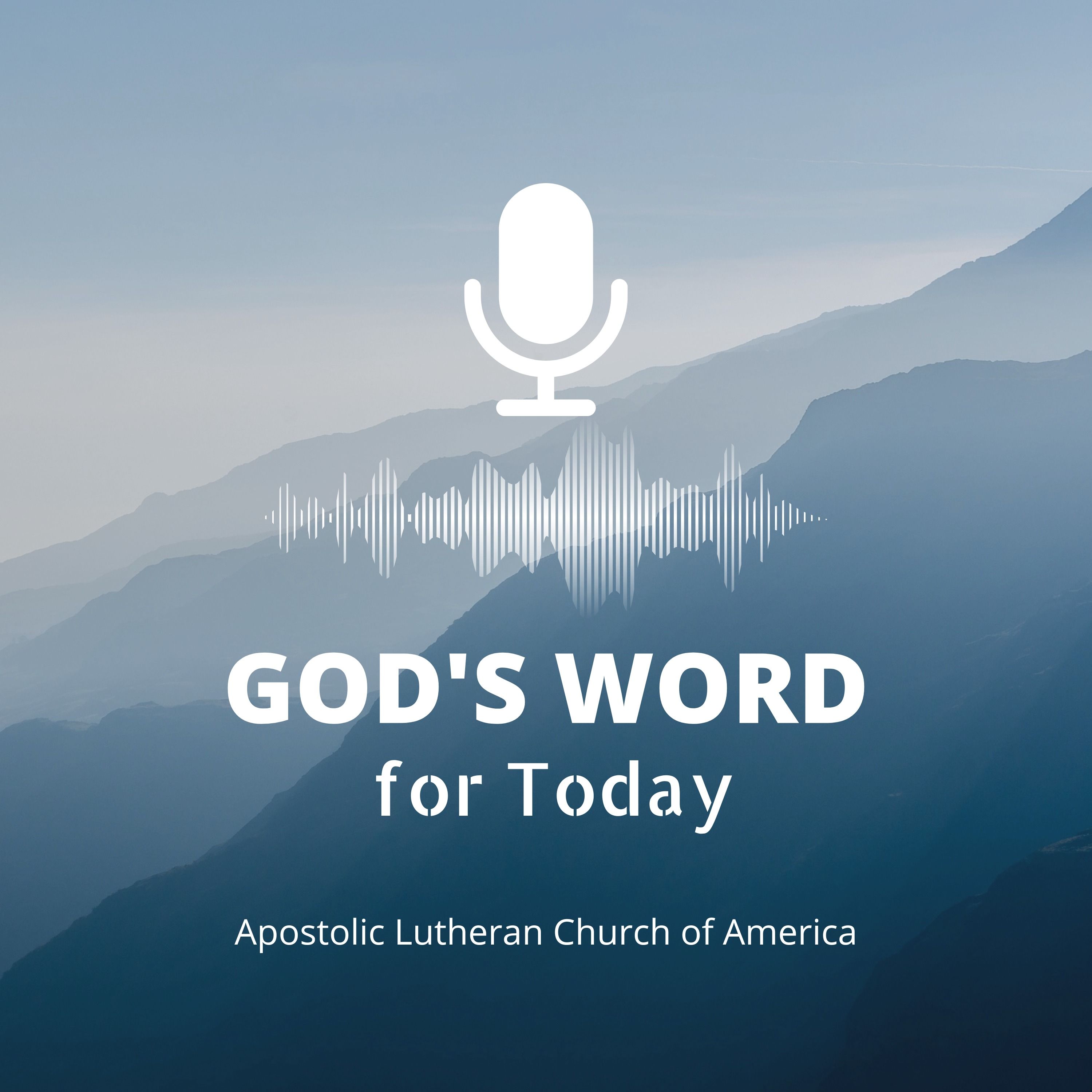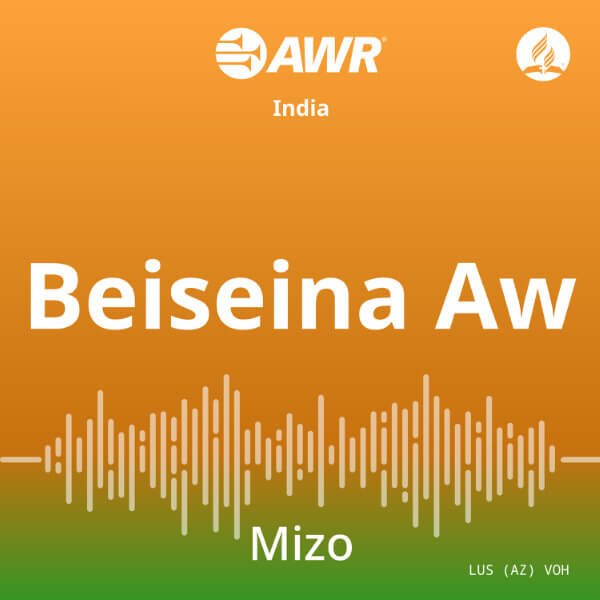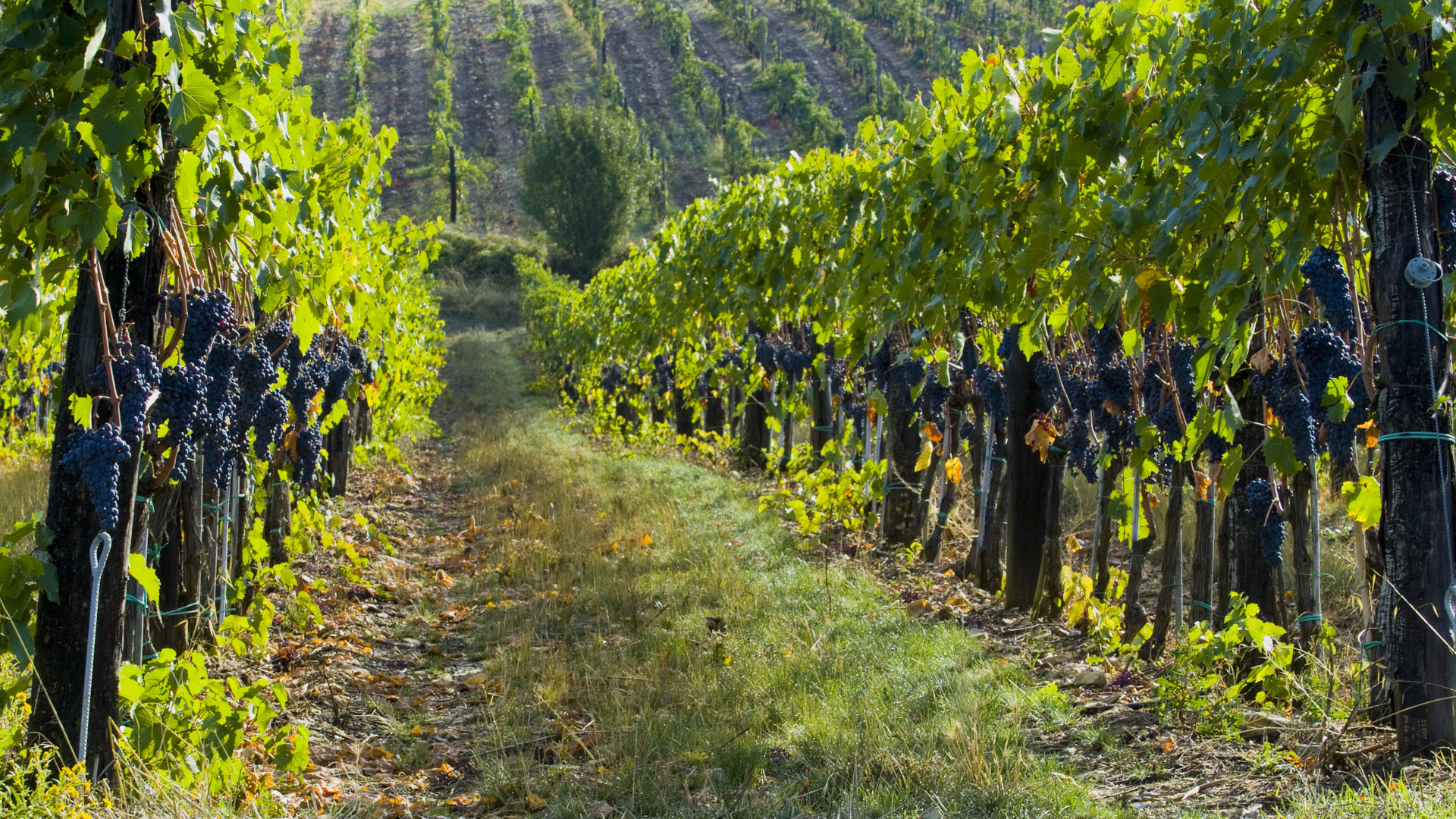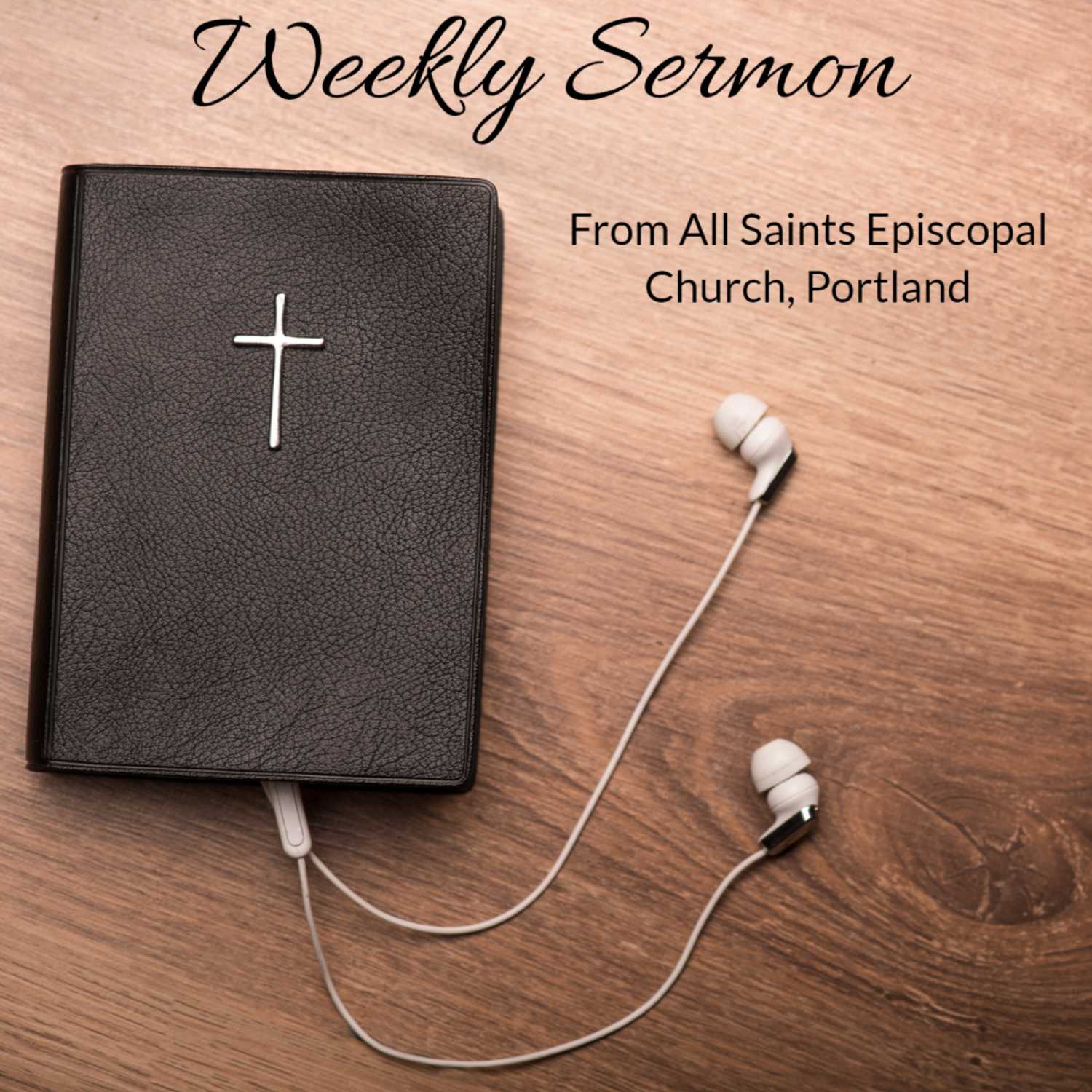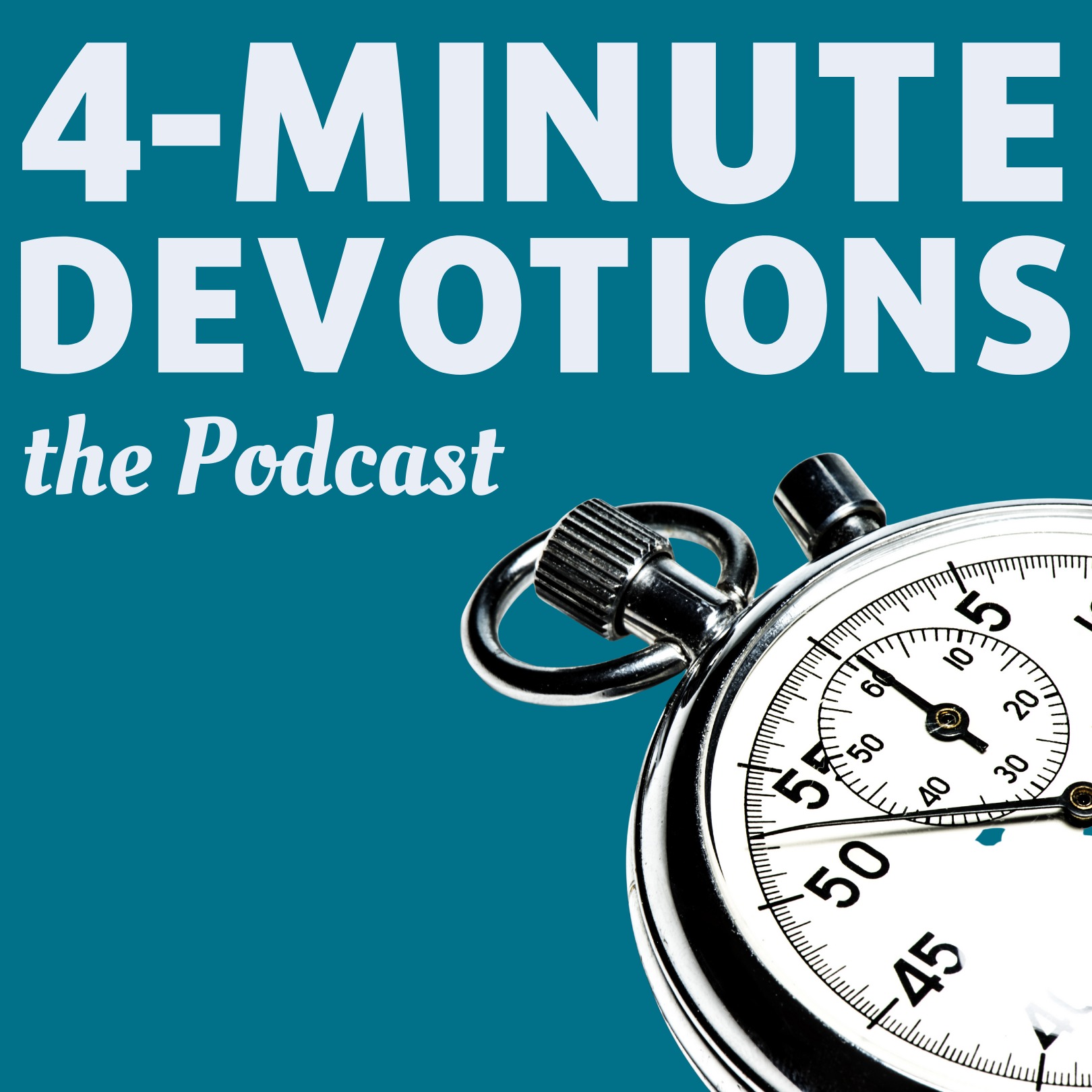- After-Shows
- Alternative
- Animals
- Animation
- Arts
- Astronomy
- Automotive
- Aviation
- Baseball
- Basketball
- Beauty
- Books
- Buddhism
- Business
- Careers
- Chemistry
- Christianity
- Climate
- Comedy
- Commentary
- Courses
- Crafts
- Cricket
- Cryptocurrency
- Culture
- Daily
- Design
- Documentary
- Drama
- Earth
- Education
- Entertainment
- Entrepreneurship
- Family
- Fantasy
- Fashion
- Fiction
- Film
- Fitness
- Food
- Football
- Games
- Garden
- Golf
- Government
- Health
- Hinduism
- History
- Hobbies
- Hockey
- Home
- How-To
- Improv
- Interviews
- Investing
- Islam
- Journals
- Judaism
- Kids
- Language
- Learning
- Leisure
- Life
- Management
- Manga
- Marketing
- Mathematics
- Medicine
- Mental
- Music
- Natural
- Nature
- News
- Non-Profit
- Nutrition
- Parenting
- Performing
- Personal
- Pets
- Philosophy
- Physics
- Places
- Politics
- Relationships
- Religion
- Reviews
- Role-Playing
- Rugby
- Running
- Science
- Self-Improvement
- Sexuality
- Soccer
- Social
- Society
- Spirituality
- Sports
- Stand-Up
- Stories
- Swimming
- TV
- Tabletop
- Technology
- Tennis
- Travel
- True Crime
- Episode-Games
- Visual
- Volleyball
- Weather
- Wilderness
- Wrestling
- Other
From Babel to Pentecost
The Tower of Babel has to be one of the strangest stories in the Old Testament. Set at a time when all humans shared one common language, it describes a people who, after settling in a place called Shinar, decided to build a city with a very tall tower. Their reason? “So that we may make a name for ourselves and not be scattered over the face of the earth” (Gen 11: 4). Ironically, it was this decision that motivated the Lord to scatter them anyway. He did it by confusing their language so that they would separate according to who could understand each other. I imagine each group moving away from the others until different gatherings were found all over the planet. At surface level, we find ourselves asking ‘Why does God seem threatened by these people building a tower?’ (v 6). Surely what they are building was not a big deal. For example, they could have been constructing some form of Ziggurat. Made from sun-baked clay, these were built by many ancient peoples in that period of history. They could reach as high as 30m. Let’s say, for argument's sake, Babel’s reached 100m.Bearing in mind, the Burj Khalifa in Dubai stands at 828m, why was this tower (or Ziggurat) in Genesis 11 a problem to God? When we look at the previous two chapters, we find that these people were descendants of Noah, the sole survivor (along with his immediate family) of the worldwide flood – a time of judgment from God because “The Lord saw how great the wickedness of the human race had become on the earth, and that every inclination of the thoughts of the human heart was only evil all the time” (Gen 6: 5).At the end of the flood, they were told to “increase and multiply on the earth” (Gen 9: 7), but by settling in Shinar they were disobeying God – they didn’t want to increase and multiply; they didn’t want to be scattered (v 4).Instead, they chose to stay and make a name for themselves. “We don’t care what God wants; we will do something that exalts us.” God’s judgment came, the tower remained unfinished, and people became divided through language. And people have been divided through language and culture ever since.On the Day of Pentecost, in Acts 2, we note that the believers in Jesus were all together in one place” and “All of them were filled with the Holy Spirit and began to speak in other tongues (or languages) as the Spirit enabled them”.Visitors to Jerusalem “came from every nation under heaven”. Descendants of those scattered back in Genesis 11 heard the praises of God in their own language as the Spirit gave utterance. Many then believed Peter’s message as he proclaimed Christ, risen from the dead.No longer scattered, God brought people together as language led people to unity and a common faith in Jesus. Pentecost was a moment in time when God started to reverse the effects of the ancient story of a tower in a place called Babel. Instead of language dividing, language united people. God had already done a new thing through Christ’s death and resurrection; now he was doing a new thing through the power of the Holy SpiritNo wonder Paul urged the Ephesian church to be “eager to maintain the unity of the Spirit in the bond of peace” (Eph 4: 3).Let’s be careful to do everything we can to maintain the unity of the Spirit. There are many things that divide, and opinions outnumber the stars in the sky but look carefully for Pentecost moments. Moments when the Spirit invites unity despite differences in culture and language.
